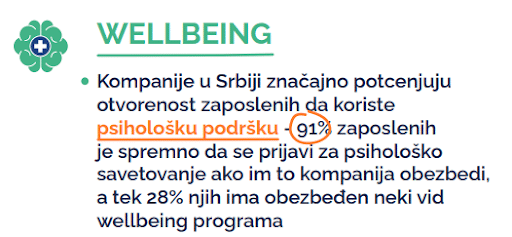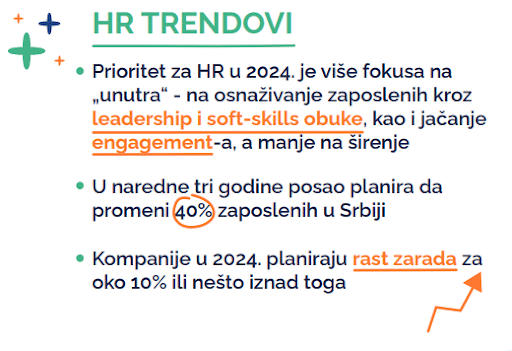In modern business, where the light of rapid change illuminates the work environment, customized approaches to human resources become a vital link between organizations and their key resources—employees. Let’s dive deeper into the world of personalization and explore how this philosophy can become the foundation for sustainable success in today’s dynamic business landscape.
In this era, recruitment goes beyond traditional methods. Instead of standard interviews and testing, organizations increasingly emphasize understanding candidates' personalities, values, and cultural fit. By asking questions that explore not only professional skills but also personal goals, organizations lay the groundwork for deeper and more lasting relationships with their employees.

Customized approaches to career development create individual growth paths that reflect the unique ambitions of employees. Training programs are no longer one-size-fits-all; instead, they are tailored to interests, enhance specific skills, and support long-term personal and professional development. This approach not only empowers employees for current tasks but also prepares them for future challenges.

Mentorship is becoming a personalized experience, focused on the individual needs of the employee. From mentorship that supports professional development to that which provides emotional support, a customized approach builds trust and a sense of belonging. Recognition of contributions becomes personalized, focusing on the specific achievements and innovations each employee brings to the table.
In a world of constant challenges, organizations that care about the balance between work and personal life create an environment that supports the integrity of employees. Flexible working conditions, tailored benefits, and support for family obligations become the standards in a modern approach that values individual life circumstances.

The approach to health and wellbeing is becoming more focused on the individual needs of each employee. Wellness programs, mental health support, and initiatives for maintaining overall wellbeing are becoming essential parts of human resource strategy. This attention to employee wellbeing not only increases satisfaction but also impacts productivity and reduces stress.
 Source: Research “What Drives Employees?” conducted in September
2023 by Osiguranik, Rezilient, Infostud, and Tim Centar.
Source: Research “What Drives Employees?” conducted in September
2023 by Osiguranik, Rezilient, Infostud, and Tim Centar.
A unique characteristic of customized approaches is their dynamism. Organizations that continuously monitor feedback, analyze employee satisfaction data, and keep track of labor market trends remain flexible in addressing changes. Constantly adjusting strategy becomes essential to maintain relevance and effectiveness.
By introducing personalization into daily operations, organizations stimulate employee creativity. The diversity of individual approaches and perspectives leads to innovations that can transform business culture. By encouraging freedom of expression of ideas, organizations create an atmosphere where every employee feels empowered to share their unique insights.
 Source: Research “What Drives Employees?” conducted in September
2023 by Osiguranik, Rezilient, Infostud, and Tim Centar.
Source: Research “What Drives Employees?” conducted in September
2023 by Osiguranik, Rezilient, Infostud, and Tim Centar.
In the era of digital transformation, personalization extends to technology integration as well. Organizations implement digital tools for performance tracking, task management, and even platforms for personalizing benefits. Such adaptations to technology not only ease employees' work but also allow for quicker adjustments to changes.
A personalized approach also includes creating long-term career plans. Organizations and employees collaborate to shape a career path that reflects employees' long-term goals and business needs. This approach not only builds employee loyalty but also ensures the long-term sustainability of the workforce.
The aforementioned methods do not stop at the lower levels of the organization. Leaders also need to adopt a flexible approach to leading teams. Understanding individual strengths and weaknesses, adapting communication, and providing support are key components of a successful team.

Customized approaches to human resources are not just a trend but a key strategy for building a sustainable work environment. Through these approaches, organizations not only achieve outstanding business results but also build a community of employees who are engaged, motivated, and ready for challenges. Ultimately, the workforce is not just a business strategy but a philosophy that creates conditions for sustainable success in the modern, dynamic world of work.